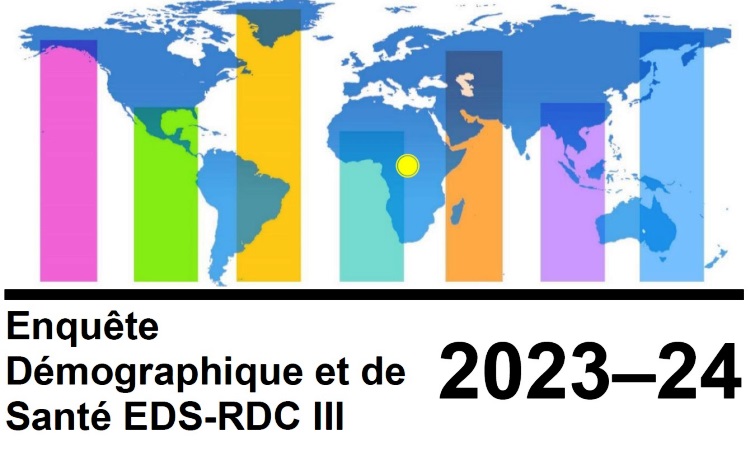Yannick Nlandu, Elliot Koranteng Tannor, Titilope Bafemika & Jean-Robert Makulo
To cite this article: Yannick Nlandu, Elliot Koranteng Tannor, Titilope Bafemika & Jean-Robert
Makulo (2024) Kidney damage associated with COVID-19: from the acute to the chronic phase, Renal Failure, 46:1, 2316885, DOI: 10.1080/0886022X.2024.2316885
To link to this article: https://doi.org/10.1080/0886022X.2024.2316885
ABSTRACT
Severe acute respiratory syndrome coronavirus-2 (SARS-COV-2) infection is well established as a systemic disease including kidney damage. The entry point into the renal cell remains the angiotensin-converting enzyme 2 (ACE-2) receptor and the spectrum of renal lesions is broad, with a clear predominance of structural and functional tubular lesions. The most common form of glomerular injury is collapsing glomerulopathy (CG), which is strongly associated with apolipoprotein L1(APOL-1) risk variants. These acute lesions, which are secondary to the direct or indirect effects of SARS-CoV-2, can progress to chronicity and are specific to long COVID-19 in the absence of any other cause.
Residual inflammation associated with SARS-CoV-2 infection, in addition to acute kidney injury (AKI) as a transitional state with or without severe histological lesions, may be responsible for greater kidney function decline in mild-to-moderate COVID-19. This review discusses the evidence for renal histological markers of chronicity in COVID-19 patients and triggers of low-grade inflammation that may explain the decline in kidney function in the post-COVID-19 period.
Renal Failure
2024, VOL. 46, NO. 1, 2316885


